Dental cleanings are one of the most common and important preventive treatments for maintaining a healthy smile. While brushing and flossing at home play a big role in oral hygiene, professional cleanings go a step further in protecting your teeth and gums from decay and disease. How often you need a dental cleaning depends on your at-home hygiene care, genetics, and other risk factors.

The Standard Recommendation
For most people, dentists recommend getting a professional cleaning every six months. This twice-a-year schedule allows your dental hygienist to remove plaque and tartar that brushing and flossing may miss. It also gives your dentist the opportunity to catch early signs of problems like cavities, gum disease, or even oral cancer before they become serious.
Regular cleanings help maintain fresh breath, prevent tooth loss, and reduce the need for more extensive dental treatments in the future. Even if your mouth feels fine, plaque and tartar can build up in areas that are hard to reach with a toothbrush, which is why routine cleanings are essential.
When You Might Need More Frequent Cleanings
While six months is the general rule, some people benefit from more frequent visits. If you have a history of gum disease, your dentist may recommend cleanings every three to four months. This is because gum disease can worsen quickly if not monitored, and regular cleanings help to manage inflammation and bacteria levels in the mouth.
People with certain health conditions, such as diabetes or a weakened immune system, may also need to see the dentist more often. These individuals are more prone to infections, and dental issues can escalate more quickly. Pregnant women, especially those experiencing pregnancy gingivitis, might also be advised to have more frequent cleanings to manage hormonal changes that affect gum health.
Additionally, if you smoke or use tobacco products, you’re at a higher risk for gum disease and oral cancer. Your dentist may suggest more frequent visits to monitor your oral health closely and perform more thorough cleanings.
The Importance of Personalized Dental Care
The best cleaning schedule for you depends on your individual oral health, lifestyle, and medical history. Your dentist will assess your risk factors and determine the right frequency based on what they see during your check-ups. This personalized approach better ensures that you’re getting the right level of care to maintain your oral health over time.
For example, someone with excellent oral hygiene, no cavities, and a low risk of gum disease might do just fine with cleanings every six months. On the other hand, someone who frequently develops tartar buildup or has a family history of periodontal issues may need more frequent visits to stay ahead of potential problems.
What Happens During a Dental Cleaning?
A professional dental cleaning involves more than just polishing your teeth. It usually starts with a thorough examination of your mouth, followed by the removal of plaque and tartar using specialized tools. Your hygienist will then polish your teeth and may apply fluoride for added protection. In some cases, X-rays or additional diagnostic tools might be used to detect hidden issues. These appointments are also a great opportunity to ask questions about your oral care routine, discuss any sensitivity or discomfort you’ve noticed, and get tips for improving your home care practices.
Don’t Wait Until It Hurts
One of the biggest mistakes people make is waiting until they have tooth pain or visible problems before seeing a dentist. Regular cleanings and exams can help catch problems long before they cause discomfort. Preventive care is almost always less invasive, less expensive, and more effective than treating dental problems after they’ve developed.
Dental Cleanings in Baltimore, MD
At Cosmetic & Advanced Dentistry, we are dedicated to your oral health. Professional dental cleanings are crucial to avoid the build-up of plaque and to prevent dental complications such as decay. If it’s been more than six months since your last dental cleaning, your smile could be at risk. Contact our office today to schedule a consultation and learn more about the benefits of routine appointments.
